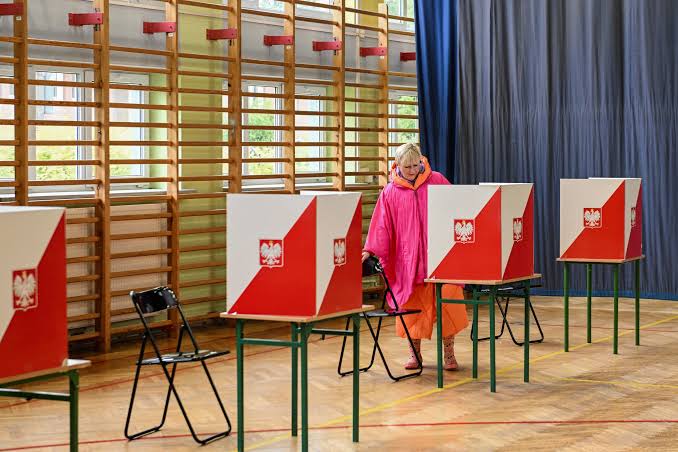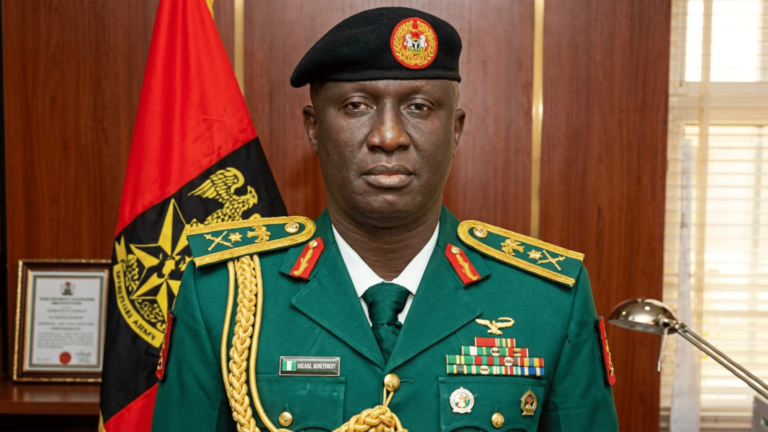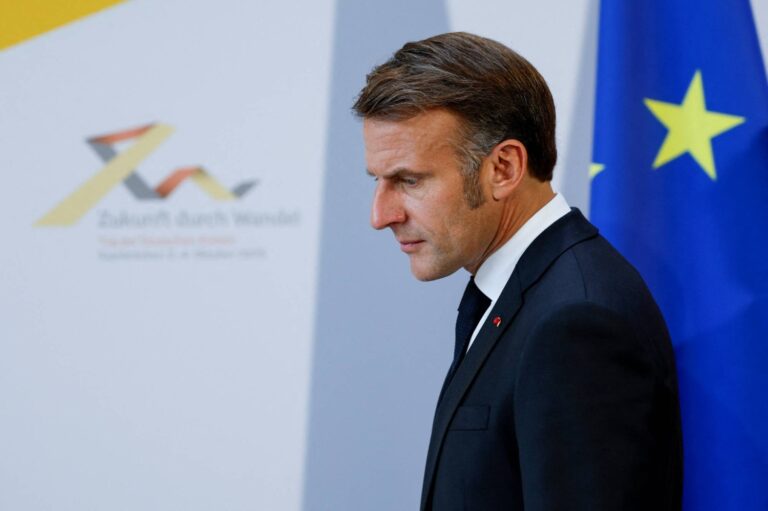
Poles headed to the polls on Sunday to elect a president in a contest that will determine whether the country continues on its pro-European trajectory under Prime Minister Donald Tusk or shifts towards a more nationalist direction, potentially aligning with the policies of U.S. President Donald Trump.
With Trump’s resurgence energizing eurosceptic movements across Europe, this election represents a crucial test of Tusk’s pro-European agenda since he assumed power in 2023, succeeding the nationalist Law and Justice (PiS) party.
The main contenders are Warsaw Mayor Rafal Trzaskowski, representing Tusk’s Civic Coalition, and conservative historian Karol Nawrocki, backed by PiS.
Trzaskowski is considered the frontrunner and is expected to face Nawrocki in a runoff election on June 1 if no candidate secures more than 50% of the vote in the first round. Publication of opinion poll results has been prohibited since Saturday morning.
Other candidates include far-right Slawomir Mentzen from the Confederation party, Parliament Speaker Szymon Holownia of the centre-right Poland 2050, and Magdalena Biejat from the Left.
The Polish election coincides with a second-round presidential runoff in Romania, where George Simion, a nationalist campaigning on a “Make Romania Great Again” platform, is challenging centrist Bucharest Mayor Nicusor Dan.
Victories for eurosceptic candidates in both Poland and Romania would have significant repercussions for the European Union as it confronts the challenges of Russia’s invasion of Ukraine and potential trade tariffs imposed by Trump.
Polls in Poland opened at 7 a.m. (0500 GMT) and closed at 9 p.m., with approximately 29 million eligible voters.
While the Polish president’s executive powers are limited, they include the ability to veto legislation. Outgoing President Andrzej Duda, an ally of PiS, has used this power to obstruct Tusk’s efforts to reverse judicial reforms implemented by PiS, which Tusk argues undermine democracy.
Trzaskowski has pledged to strengthen Poland’s role in European policymaking and collaborate with the government to undo PiS’s judicial changes.
“I would definitely strengthen relations with our partners… within NATO and the EU,” he stated. “I will also ask lawmakers to give me the bills Duda vetoed to sign… I also hope that we will end the chaos in the justice system that PiS left us.”
Nawrocki’s campaign has been marred by allegations, which he denies, that he defrauded an elderly man into selling him an apartment under false pretenses. Despite this, Trump met with Nawrocki at the White House, signaling his support.
Read more: Hamas Agreed to the Mediators’ Ceasefire Proposal.
Nawrocki has framed the election as an opportunity to prevent Tusk from consolidating unchecked power and to counter liberal values represented by Trzaskowski, who has supported LGBT rights and removed Christian symbols from public spaces as mayor of Warsaw.
“The cross that my opponent took down in Warsaw… 1,000 years of heritage of the Polish state, is our strength, is our energy,” he asserted.
While Nawrocki supports military aid to Ukraine, unlike some other eurosceptics in Central Europe, he has also appealed to anti-Ukrainian sentiment among some Poles concerned about the influx of refugees.
He has emphasized that Polish citizens should be prioritized in public services and has criticized Kyiv’s handling of the exhumation of Poles killed by Ukrainian nationalists during World War Two.



